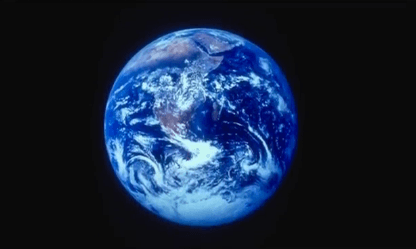Astronomers have discovered a white dwarf star with a polluted atmosphere that may shed light on where the water on Earth comes from and how much water there is outside our own solar system.
A major question in planetary science is whether the water on Earth was already present in the primordial material that formed our planet or whether it was planted here by collisions with bodies such as asteroids, comets and proto-planets.
Oxygen in the Atmospere
New research by a team of British and German astronomers suggests that water delivery by collision may be common in other star systems outside our solar system. They came to this conclusion by measuring the chemical composition of the atmosphere of a white dwarf star, dubbed SDSS J1242.
White dwarfs are essentially corpses of former stars. Most low or medium-sized suns will become white dwarfs at the end of their lifetime. The strong surface gravity within these stars causes heavier elements, such as carbon and oxygen, to sink to their centres, leaving simple atmospheres of hydrogen and helium.
The atmosphere of SDSS J1242 is dominated by helium but the researchers also found large amounts of oxygen and hydrogen, along with rock-forming elements magnesium, silicon and iron.




